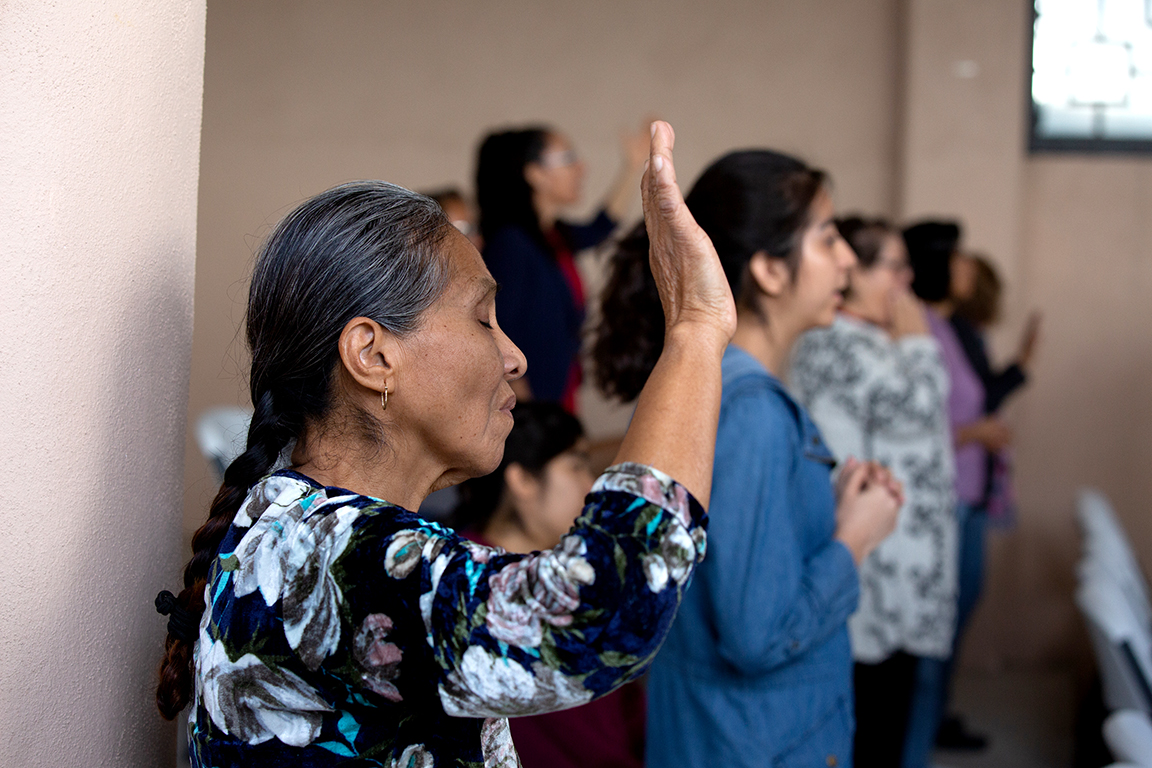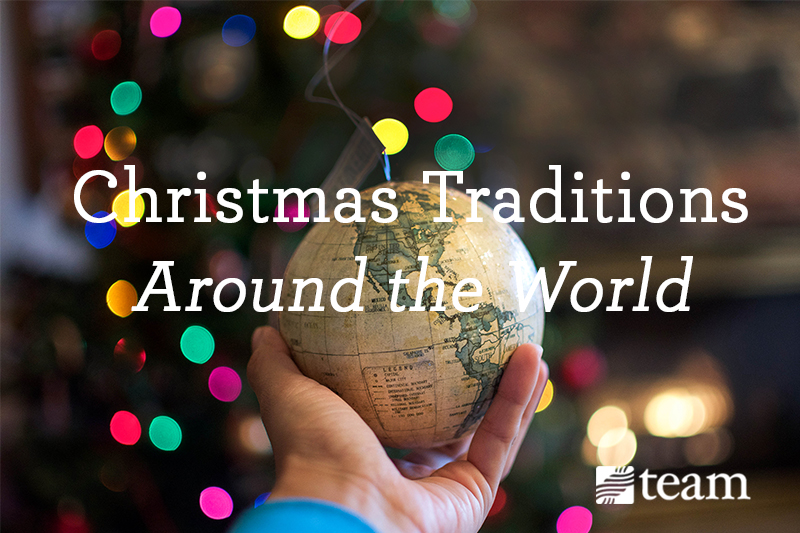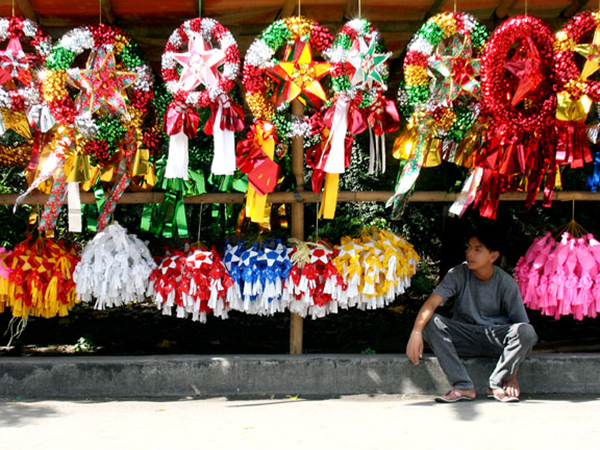
Missions Resources
Yule Cats and 8 Other Global Christmas Traditions
December 21, 2016
by admin

From colorful piñatas to 12-course meals, Christians around the world celebrate Christmas in ways as unique as their cultures. Read to discover 9 global Christmas traditions you might not have known about.
Midnight Mass in Brazil
Tropical temperatures in Brazil mean churchgoers don’t have to bundle up to attend Missa do Galo (“Rooster’s Mass”) at midnight. After services, fireworks illuminate the skylines of large cities, and families hurry home to enjoy a large meal together and exchange gifts.
The Yule Cat in Iceland
Children and adults alike in Iceland hope to unwrap a new set of clothes for Christmas. Traditional folklore says that any person caught without new threads is at risk of being eaten by the monstrous “Yule Cat” living in the mountains.
Nativity Scenes in France
The crèche, or nativity scene, is the centerpiece of Christmas decor in French families. Beyond displaying biblical characters, these scenes also feature figurines of traditional French life, such as vegetable sellers, local bakers and dignitaries.
Christmas by the Sea in Australia
In Australia, you’re more likely to make a sandcastle than a snowman on Christmas. To beat the summer heat, many Australians head for the ocean to lounge after a large Christmas lunch.
Fried Chicken in Japan
 Source: TEAM worker in Japan
Source: TEAM worker in Japan
Only about 1 percent of the population in Japan are Christians, but much of the country has adopted celebrating the commercial aspects of Christmas. Shopping malls and city centers are decked in lights, and many enjoy eating Kentucky Fried Chicken on Christmas Eve. The meal is so popular, the Japanese must place their order in advance to make sure they get it.
January Christmas in Russia
Orthodox Christians in Russia celebrate Christmas on January 7th. They ring in the holiday with Mass on Christmas Eve followed by a “Holy Dinner.” This meal is served in 12 courses to represent the 12 apostles and features vegetarian dishes.
A Whole Season of Christmas in the Philippines
Filipinos start spreading Christmas cheer in September, making it the longest Christmas season in the world. To celebrate, most families display a parol, a colorful star made to symbolize the star of Bethlehem.
Christmas Crackers in the United Kingdom
Christmas dinner gets off with a bang in Britain. Dinner guests pull open a cardboard tube wrapped in paper called a Christmas cracker. It opens with a loud pop to reveal the small gift inside.
Piñatas in Mexico
In Mexico, children gather for nine nights to walk through town looking for las posadas, or lodging, like Mary and Joseph. When they arrive at a potential accommodation, the children sing a song about Mary and Joseph and request to come inside. At the third house, they are welcomed in to celebrate with Christmas carols and often by breaking a piñata.
What special family or cultural traditions do you enjoy to celebrate Christmas? Let us know in the comments below. And from all of us here at TEAM, Merry Christmas!



